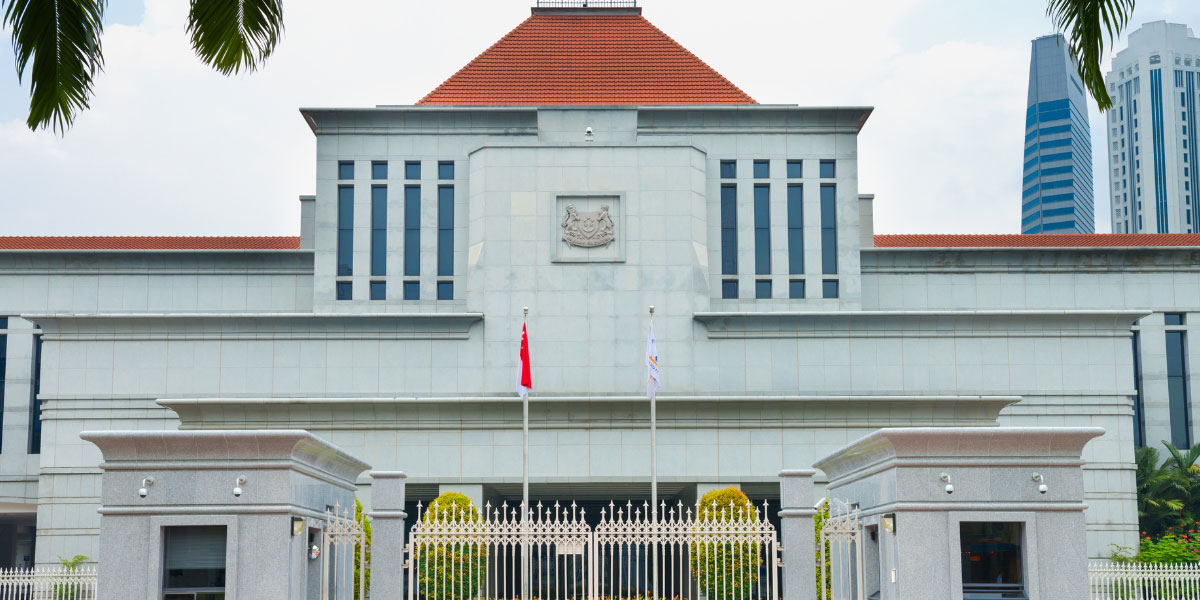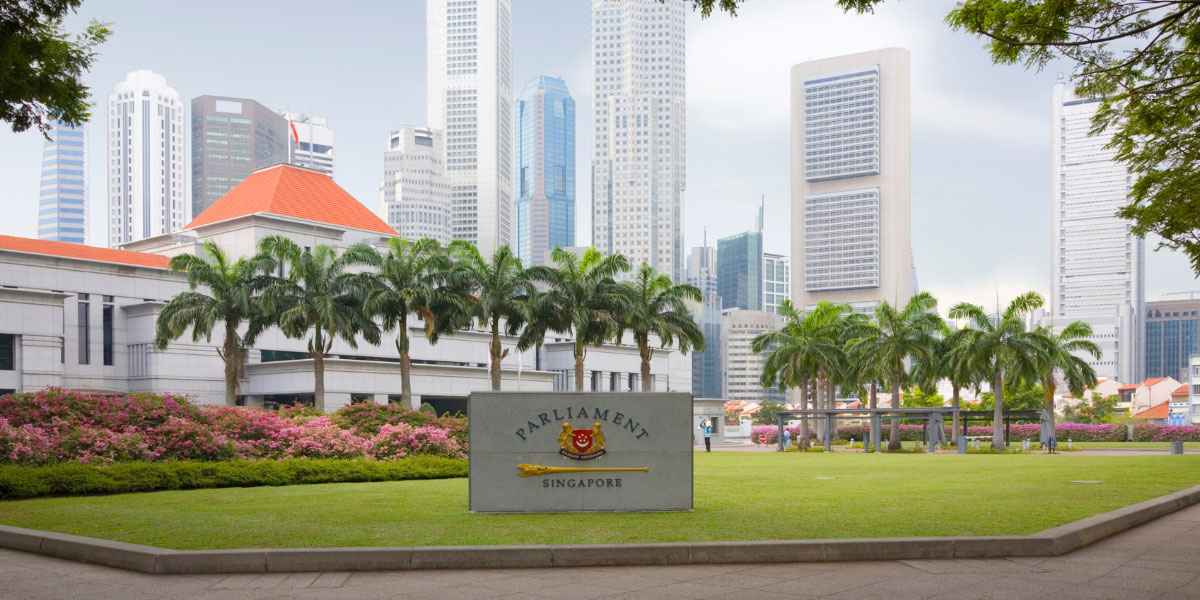Singapore has introduced legislation for a previously announced domestic top-up tax, aligning with Pillar 2 global minimum tax.
Multinational Enterprise (Minimum Tax) Bill 33/2024, introduced in Parliament on 9 September 2024, mandates that large multinational enterprises (MNEs) operating in Singapore will be subject to a minimum effective tax rate of 15%.
The rules are designed to prevent these companies from shifting profits to low-tax jurisdictions. Singapore’s commitment to implementing Pillar 2 was announced in Budget 2023.
Aligned with the BEPS 2.0 framework, Singapore’s proposed law targets multinational enterprises (MNEs) with consolidated annual revenues of at least EUR 750 in two of the past four financial years.
It introduces a multinational enterprise top-up tax (MTT) and a domestic top-up tax (DTT) to address gaps where an MNE’s effective tax rate is below 15%, either internationally or domestically.
The MTT requires Singapore-based companies with ownership in entities in lower-tax jurisdictions to pay a top-up tax if those entities’ effective tax rates are below 15%. The DTT ensures that MNEs operating in Singapore are taxed at a minimum rate of 15% on their domestic profits. The Bill also introduces penalties for non-compliance with tax regulations.
The Income Tax (Amendment) Bill 32/3024 also introduced in Parliament on 9 September 2024 proposed changes to the Income Tax Act 1947 to implement tax measures from the 2024 Budget and updates from the Ministry of Finance’s periodic review of Singapore’s income tax regime. Key proposed amendments include the introduction of a Refundable Investment Credit (RIC), an alternative tax basis for shipping entities based on net tonnage, and clarification of the tax treatment for real estate investment trust (REIT) units held by REIT managers.
The Bill also proposes imposing penalties on MNEs that do not comply with tax regulations. The Bill outlines offences including the failure to submit mandatory tax returns, providing false or misleading information in filings, and engaging in fraudulent tax evasion. Companies may face surcharges of up to 10% of the total top-up tax due for breaches like late registration. More severe penalties, such as fines and prosecution, could be imposed for serious violations. The Bill is scheduled for debate at the next Parliament session.













